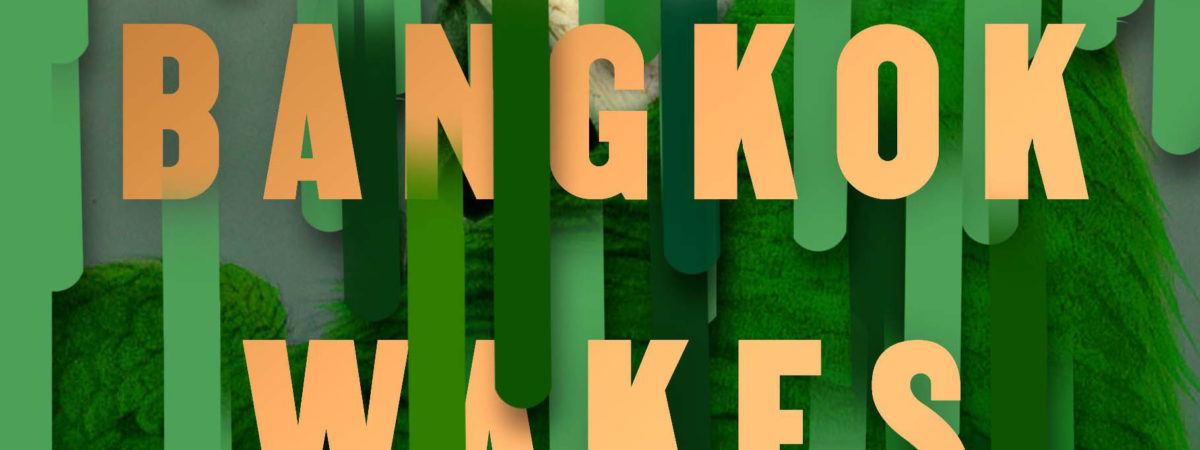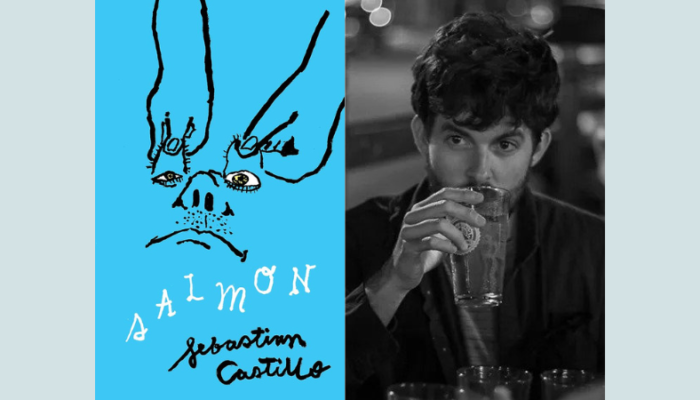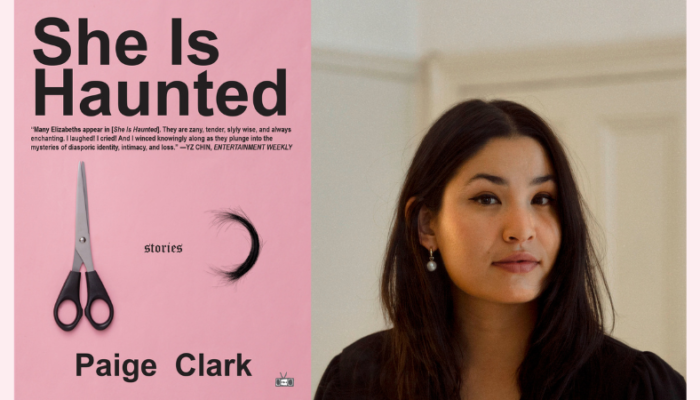Ploi Pirapokin reviews Pitchaya Sudbanthad’s debut novel, Bangkok Wakes to Rain
In the novel Bangkok Wakes to Rain, Pitchaya Sudbanthad collects vignettes together like drops of water, building toward a heavy storm mirroring the turbulent hearts of his characters and what they will not say or do out of consideration for the ones they love. Navigating around a flooded Bangkok only reflects how they choose to accommodate the feelings of others at their own expense, capturing the essence of kreng jai, a term that could be loosely translated to mean having a caged heart, which is a Thai cultural value that Westerners misinterpret to mean that Thais are amicable and submissive. Sudbanthad addresses this misconception in the chapter “Arrival,” when a New England missionary doctor—the only non-Thai perspective on the city and its inhabitants—describes Thais as “proud, even arrogant people having yet to come under the domain of a more advanced nation.”
There are not a lot of Thai authors writing in English, let alone writing in America, and there are not many novels set in Thailand that don’t use Bangkok as a setting for a drug heist or an exotic locale for backpacking adventures. Therefore, while Sudbanthad casts his characters in all of the roles that Westerners often associate Thais with—such as nurses, restaurateurs, and image-obsessed university students—he lets their storylines play out as individuals who want to “diverge to a separate place, removed from the society and people they’d cared for or even loved, so they could finally feel unburdened by the weight of the future they’d dreamed to be theirs.” The rest of the novel focuses on Thai stories to give voice to a different way of existing in a world where there is strength in enduring hardships and quiet sacrifices.
Set in the past, present, and an imagined-dystopic future of a Bangkok drowning from a neverending monsoon, the first third of the novel introduces us to a host of storylines as though Bangkok Wakes to Rain was a short story collection, only to see characters reappear in different forms, as ghosts, and memories, weaving in and out of chapters in the latter two-thirds of the book. There isn’t an explicit throughline, though what links a sister who wants to bury her betrayal, a mother who wants to forget her son, a jazz pianist who refuses to remember his partner, and many of Sudbanthad’s characters are that all of them are anchored around a property near the Chao Phraya River. Subanthad appeals to those native to the city as well as those who have visited by placing us in the neighborhoods of Bangkok, from the bustling air-conditioned malls in Sathon to the stalls in Khlong Toei’s wet markets, giving truth to the notion that “place remembers us” even when we want to forget our past.
There is a sense of familiarity when I see names of my family members, streets I’ve grown up in, and mentions of the ongoing political turmoil in Thailand that Sudbanthad captures in his novel. He doesn’t shy away from the dark undercurrents of Thai politics in his most compelling chapter, “Outpour,” putting onto the page the reason Thais don’t and can’t revolt against a government not of their own choosing. What’s at stake for activists and our citizens’ futures isn’t death, but a sense that open confrontation goes against the notion of kreng jai, and that to oppose any authoritative role is un-Thai. To be confronted with that stinging recognition asks me to question what it means to be from Bangkok, and whether “to say sorry was to ask for punishment that wouldn’t ordinarily be meted out.” In Bangkok Wakes to Rain, Sudbanthad suggests that maybe it isn’t just the people that make the place, but that the place creates the people.




